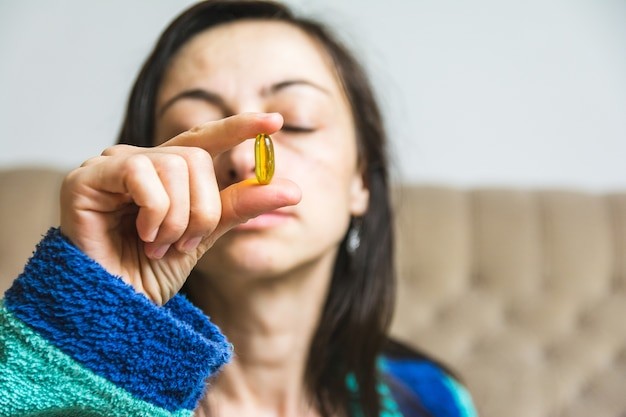
The search for alternative detox and mental health treatments has led many to explore plant-based options. One compound that has gained attention is Ibogaine, a psychoactive substance derived from the root bark of the African iboga shrub. Some researchers suggest that Ibogaine may help support a “brain reset” by influencing neural pathways. While research is still developing, early studies indicate that Ibogaine may play a role in addressing deep-seated emotional and neurological patterns.
So, what does science say about this potential brain reset? Let’s take a closer look at what researchers have discovered so far.
How Ibogaine May Support a Brain Reset?
The concept of a “brain reset” refers to the idea that the brain can reorganize and create new neural connections. Some researchers believe that Ibogaine may influence neurotransmitter systems, including serotonin, dopamine, and glutamate. These chemical messengers are linked to mood regulation, cognitive function, and emotional processing.
Neuroplasticity and Ibogaine
Neuroplasticity is the brain’s ability to adapt and rewire itself. Preliminary research suggests that Ibogaine for brain reset may involve stimulating neuroplasticity. This could potentially help individuals break repetitive thought patterns and behaviors. While more clinical trials are needed, early studies indicate that Ibogaine may encourage the brain to form new connections, which could be beneficial for individuals seeking deep emotional healing.
Ibogaine’s Interaction with Trauma and PTSD
Trauma can create long-lasting imprints on the brain, affecting emotional regulation and response to stress. Researchers have been studying Ibogaine for PTSD to understand its potential role in trauma recovery. Some theories suggest that Ibogaine may help individuals process past experiences by altering how memories are stored and recalled. This could be why some individuals report a shift in emotional perspective after undergoing Ibogaine treatment. However, it is important to note that scientific studies are still ongoing.
Ibogaine and the Default Mode Network (DMN)
The Default Mode Network (DMN) is a part of the brain associated with self-reflection, identity, and habitual thinking. Some researchers propose that Ibogaine may temporarily disrupt the DMN, allowing individuals to gain new perspectives on their thoughts and behaviors. This shift could contribute to the feeling of a “brain reset” by helping individuals break free from automatic responses tied to past experiences.
While interest in Ibogaine is growing, it is essential to approach it with caution. The compound has psychoactive properties, meaning it can induce altered states of consciousness. Additionally, Ibogaine affects the cardiovascular system, so it must be administered under medical supervision. Research is ongoing, and while some findings are promising, more clinical data is needed to fully understand its long-term effects.
Ibogaine’s legal status varies by country. In some regions, it is classified as a controlled substance, while in others, it is available for research or therapeutic use. It is essential to check local regulations before considering treatment.
There is no scientific consensus that Ibogaine can cure PTSD. However, early research suggests it may help some individuals process trauma differently. More studies are needed to determine its long-term effects.
Ibogaine interacts with neurotransmitter systems and may influence brain plasticity. Some researchers believe it can help “reset” neural pathways, but clinical trials are still ongoing.
Ibogaine carries potential risks, particularly for individuals with heart conditions. It should only be used under medical supervision in a controlled setting.
Unlike some psychedelics that primarily affect serotonin receptors, Ibogaine also influences dopamine and opioid receptors. This broader impact is why researchers are interested in its potential for brain reset and PTSD recovery.
The discussion around Ibogaine for brain reset continues to evolve as more research emerges. While early studies suggest it may influence neuroplasticity and trauma processing, there is still much to learn. Those considering Ibogaine treatment should consult with medical professionals and seek reputable treatment centers that prioritize safety.
If you are exploring alternative recovery methods and want to learn more about holistic detox approaches, reach out to Ibogaine Detox Rehab. Our team provides guidance and information to help individuals make informed decisions about their wellness journey.